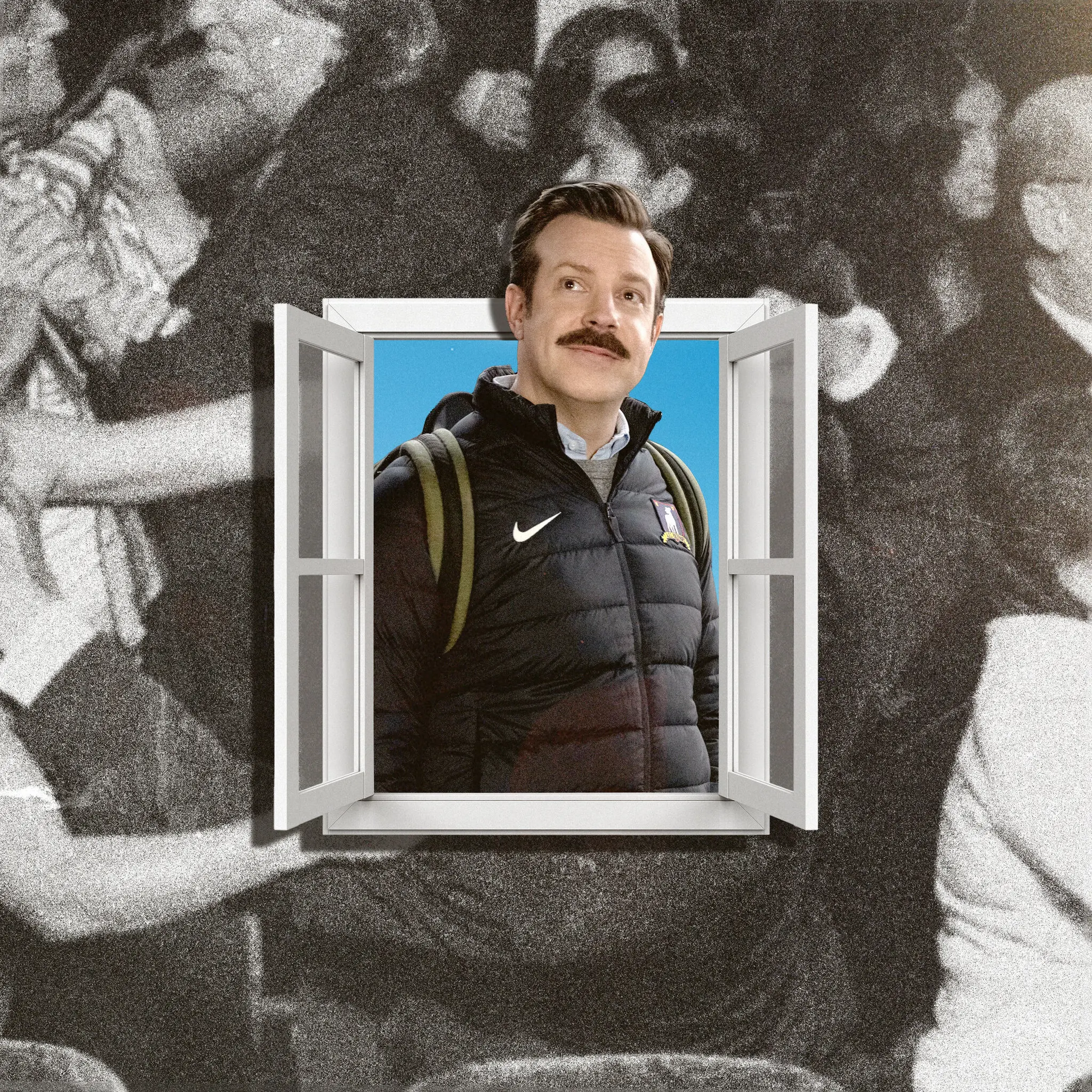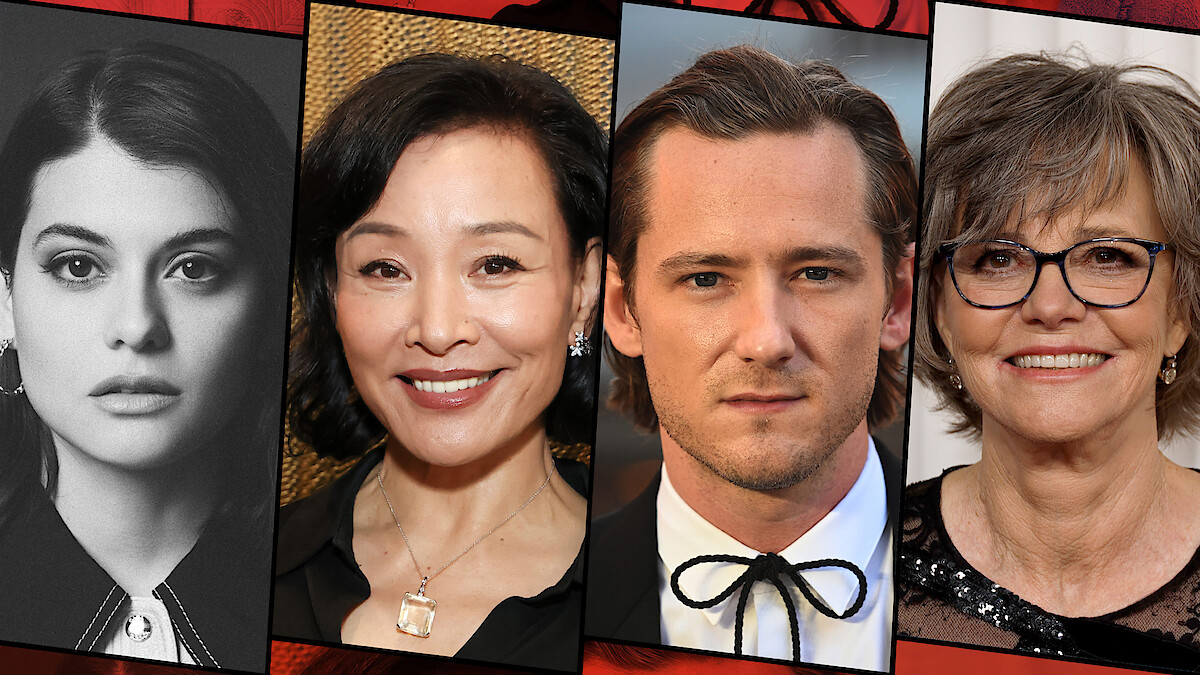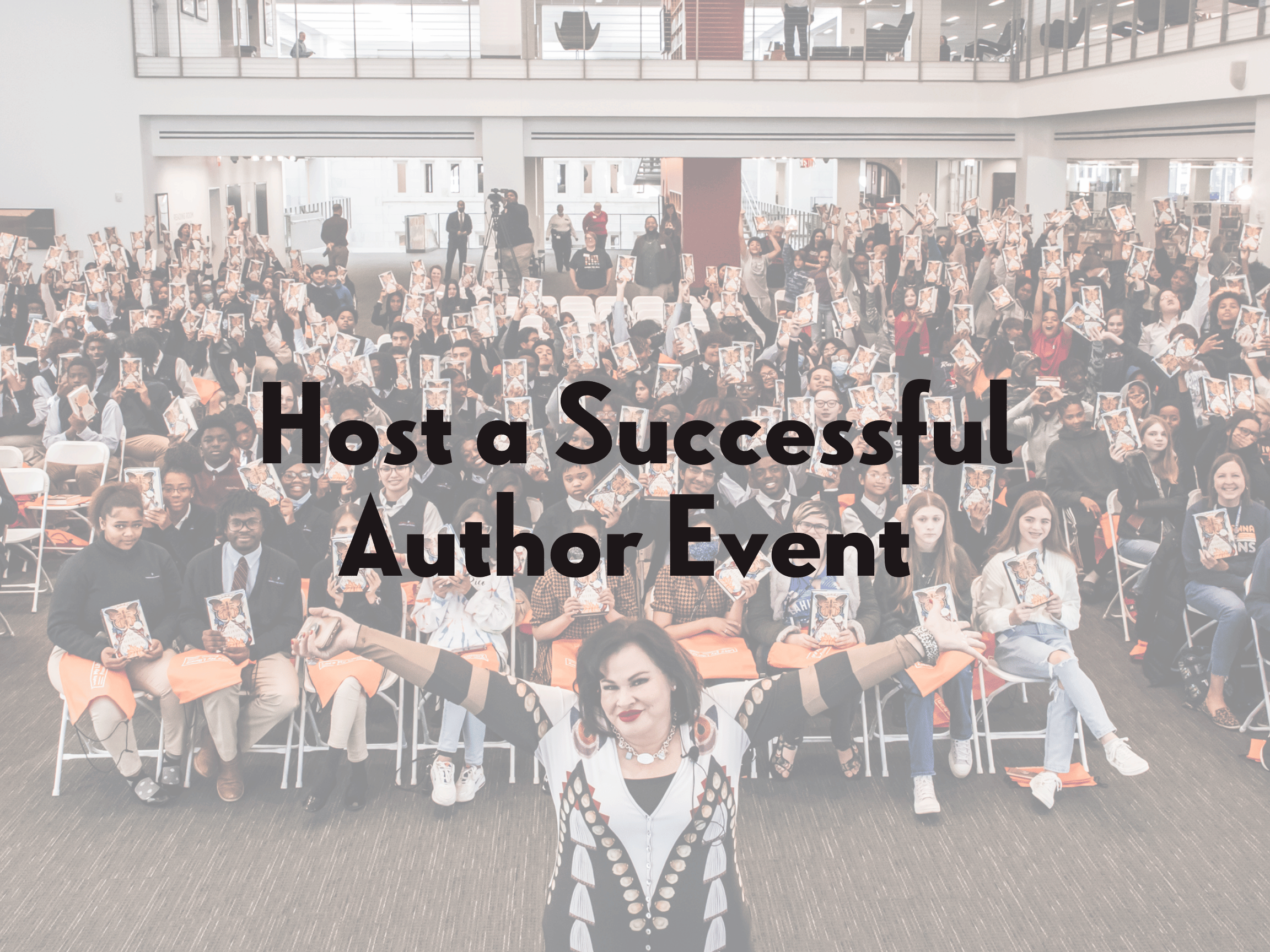Why America Desperately Needed Ted Lasso
NASHVILLE — I didn’t watch the first season of “Ted Lasso” until the second season was already underway on Apple TV+. I wish I’d been watching from the very beginning, when it first began streaming in 2020. It would have made me feel better during a national election season — not because the show is even winkingly political but because its characters are so utterly, inescapably human. Humanity felt sorely lacking from public life in those days.
By the time the aw-shucks football coach showed up on our screens, we had long since become Americans mired in an America we no longer recognized, a nation so dangerously polarized that many people would think nothing of cutting off their closest family members if they didn’t vote the “right” way. As the first episodes of “Ted Lasso” were being released in 2020, a report by the Pew Research Center noted that “A month before the election, roughly eight-in-ten registered voters in both camps said their differences with the other side were about core American values, and roughly nine-in-ten — again in both camps — worried that a victory by the other would lead to ‘lasting harm’ to the United States.”
“Ted Lasso” never claimed to be a healing salve for national fury. It is simply the story of a heartbroken but optimistic American football coach who accepts a job as manager of a British football team in the hands of a heartbroken and pessimistic owner who has just won it in a bitter divorce. Rebecca Welton knows almost nothing about running a sports franchise, and her imported coach knows almost nothing about the game that Brits call football. Rebecca is Miss Havisham in Manolo Blahniks. Ted is Forrest Gump in the Premier League.
But there is something about Ted Lasso’s sunny optimism and faith in silliness as a social lubricant, something about his openness and his unshakable kindness, that lifted Americans’ pandemic-worn hearts. “You know what the happiest animal in the world is?” Ted asks a glum player just bested in a team scrimmage. “A goldfish. It’s got a 10-second memory.”
Maybe we trusted him because his cornpone wisdom turned out to be more than an empty cliché. Early in the first season, Ted repeatedly finds himself the butt of jokes and the target of stadium chants — “Wanker! Wanker! Wanker!” — but he is an adoring father whose only child is an ocean away, a family man whose wife no longer loves him. Ridicule can’t touch Ted Lasso. His sorrow is already complete.
He may think of himself as a goldfish, in other words, but he is also a broken human being who has not yet lost faith in the promise of wholeness.
The team Ted inherits is a fractious group of lonely rivals and low-grade bullies from around the globe — the U.N. in a locker room. The players learn to love and trust Ted, but they also learn from him how to recognize and acknowledge each other’s humanity, how to love and trust one another. From there it’s only a small, inevitable step to playing as a real team.
In this rendering, “Ted Lasso” may come across as hardly more than a parable, a fairy tale of human failure and confusion and pain and grief that becomes a story of human goodness. But the show is also hilarious, a fictional world populated by multidimensional, one-of-a-kind eccentrics. The loony non-sequiturs and inexplicable predilections, especially coupled with the show’s extravagant use of insult and expletive, help it avoid the treacle it might otherwise have descended into.
A word-of-mouth hit in an atomized media landscape, with its manifold streaming platforms and its many hundreds of cable stations and its truly countless podcasts and YouTube channels, “Ted Lasso” eventually reached No. 4 on the Nielsen streaming list for original programming. In its first two seasons, it won 11 Emmys, including two for Outstanding Comedy Series. It was never a perfect television show — sometimes indulging in half-baked subplots, sticking with tedious minor characters, drawing out major plotlines an episode too long — but it was always the program we needed at exactly the time we needed it.




